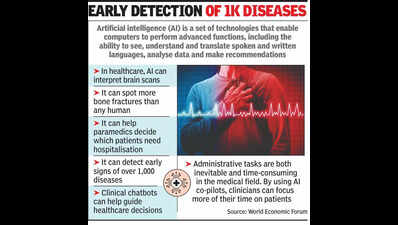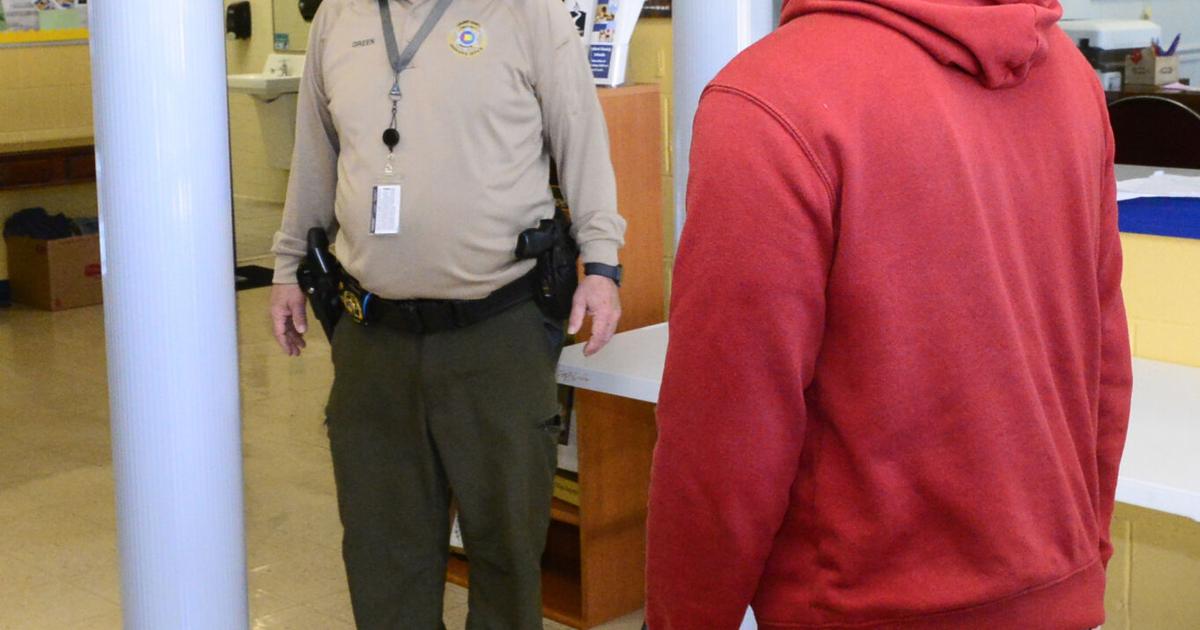Indian team in study of AI tool to predict irregular heartbeats | Mumbai News - Times of India

Mumbai: A medical team from India was part of a study that showed artificial intelligence (AI) could predict life-threatening irregular heartbeats or arrhythmias two weeks in advance. "This is a proof-of-concept study which has the potential to save thousands of lives by enabling timely intervention and preventing sudden cardiac death (SCD)," said Dr Kumar Narayanan, a senior cardiologist from Medicover Hospital, Hyderabad, and deputy chair of the Lancet SCD (Sudden Cardiac Death) Commission. He was the only Indian cardiologist in this six-country study led by Inserm, Paris Cité University.The study, published in the indexed ‘European Heart Journal' last month, analysed millions of hours of heartbeats through the AI model. Roughly 2.4 lakh ambulatory electrocardiograms (ECG) from six countries were used to train a deep learning AI model so that it could pick up and learn to predict imminent arrhythmias. A few hundred ECGs were used from Indian patients for the study."The algorithm correctly identified patients who developed fast ventricular tachycardia (VT) — a serious arrhythmia that can trigger cardiac arrest — within the following two weeks with almost 80% accuracy," said the doctor.
Sudden cardiac death (SCD) refers to unexpected death from a cardiac cause within minutes of the onset of symptoms. While SCD is often caused by a heart rhythm problem, it can also be triggered by other heart conditions such as heart attack or heart failure.
It's estimated that 4 lakh to 5 lakh SCDs occur in India every year.While some patients get symptoms such as sudden fainting or chest discomfort, many get no symptoms before collapsing.
"Such an AI tool can help identify individuals at risk for serious arrhythmia and SCD, thereby ensuring prompt intervention," said Narayanan. As this was a proof-of-concept study, the doctor said larger clinical trials are needed before the tool is used in a major way. "The idea is that it will someday be available in wearable technology that can catch irregular rhythm," he added.Senior cardiologist Dr Ajit Menon from Lilavati Hospital said, "AI has a predictive role in certain situations, especially in rhythm disturbances."
While it can play a role in interpreting cardiovascular imaging, there is still a long way to go. "AI can help us, but doctors have to be the person on the spot making the decision," added Dr Menon.Professor Dr Charan Lanjewar from KEM Hospital, Parel, said AI already plays some role in diagnosing irregular rhythm among patients who wear smartwatches. "However, it has the potential to be deployed for remote monitoring of patients," he added.









